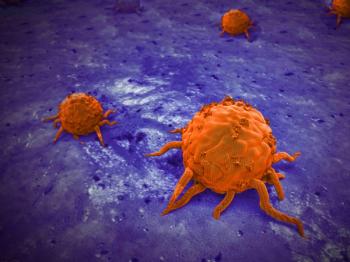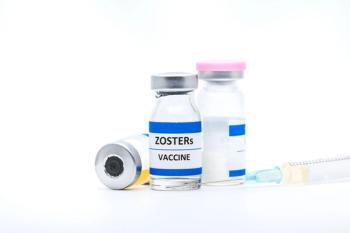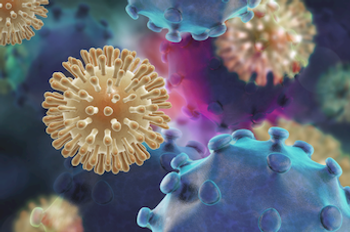
By using a non-invasive screening model, care providers can help catch and treat more cases of colorectal cancer, a new study suggests.

By using a non-invasive screening model, care providers can help catch and treat more cases of colorectal cancer, a new study suggests.

Study examines the effect of a low-calorie, plant-based diet combined with vitamin C in helping to kill cancer cells.

The Department of Health and Human Services awarded $101 million, mostly to rural communities, to fight the opioid epidemic.

Introducing an online PharmD program presents a unique set of challenges for educators.

Women comprise more than 60% of pharmacy graduates, yet gender gaps still exist in pharmacy ownership, school deanships, and other leadership positions.

Study shows an increase in anxiety and depression among college students since the start of the coronavirus disease 2019 pandemic.

Contrary to popular belief, a new study suggests that music training does not improve academic performance.

This year’s annual NASP meeting will feature an enhanced virtual environment that allows attendees to earn required CPE credits, share best practices, and browse a convention hall.

Vitamin K levels show observational relationship with risk of death in older population.

A new treatment that targets the physical properties of the herpes virus, not just the virus proteins, shows promise.

As more Americans identify as LGBTQIA+, an effort needs to made to educate pharmacists on LGBTQIA+ health and culture.

Magnesium is needed to properly metabolize vitamin D.

Individuals covered via high-deductible health care plans not found to have a greater risk of heart attack or stroke.

Plant-based diets rich in whole carbohydrates may help improve type 1 diabetes.

A new study found that it’s safe for patients with HIV to receive HIV-positive kidneys.

Both premenopausal and postmenopausal breast cancer rates are rising globally.

Steps are being taken to uphold the integrity of the pharmacy technician certification exam.

New research suggests vitamin D can help prevent colitis in those using immune checkpoint inhibitors.

Working memory development plateaus in the mid-to-late teens and can begin to decline after age 40.

Spinal muscular atrophy is the leading genetic cause of death in infants.

Overtreatment of acute cough can help reduce antibiotic use.

Patients with cancer diagnosed more than 24 months ago are at an increased risk of severe COVID-19.

An increasing amount of evidence points to the possibility of COVID-19 causing cardiovascular-neurological dysfunction.

Data show that immunotherapy doesn’t necessarily worsen complications for patients with both COVID-19 and cancer.

Poor cardiorespiratory fitness can lead to premature death and high blood pressure.

Both REM and non-REM sleep contribute to visual learning and overall brain health.

Exercise found to reduce the risk of high blood pressure even in polluted areas.

Phase 1/2 trials show promising results as the study moves into phase 2/3.

As the role of the pharmacist grows, so too does the role of the pharmacy technician.

Although shingles can affect any age group, risks increase with age.